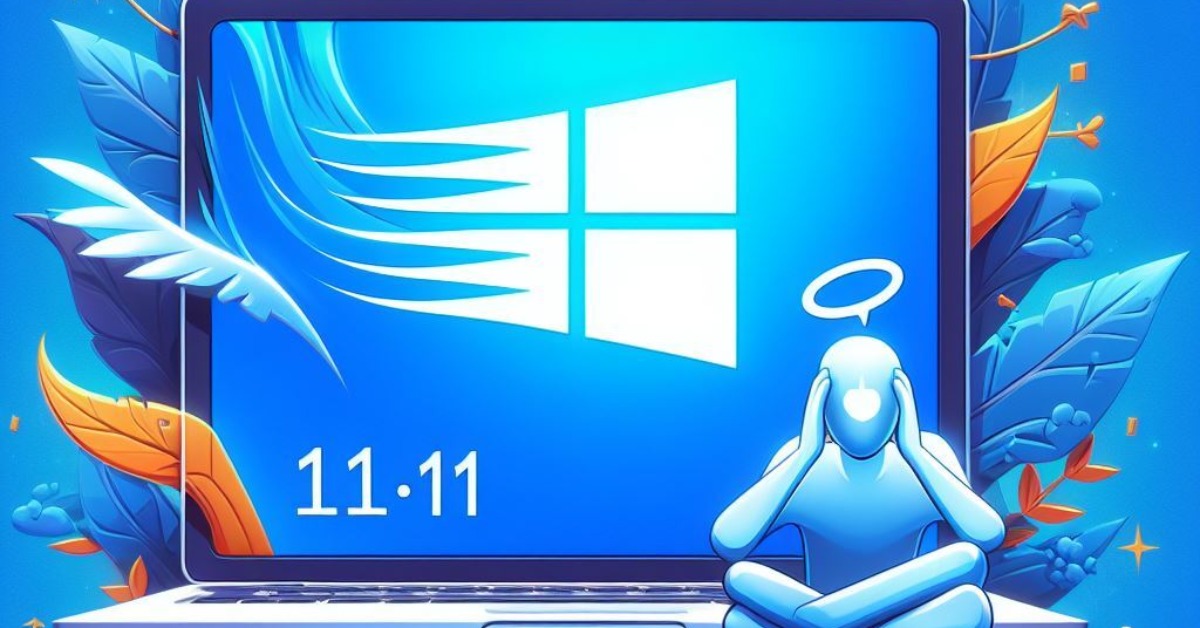Navigating the Freeze: What to Do When Your Windows PC Decides Not to Respond"

The scenario is all too familiar: Your Windows PC freezes, and that "not responding" message starts to feel like an unwelcome guest. no fear! In this guide, we'll navigate the unresponsiveness scenario together and highlight practical steps to bring life back to your Windows machine.
I. Understanding the Causes:
Resource Overload:
- Explore how resource-intensive applications can lead to system unresponsiveness.
- Discuss the impact of insufficient RAM, CPU usage, or disk space.
Software Conflicts:
- Uncover how conflicting or outdated software can disrupt the smooth functioning of Windows 11.
- Discuss the importance of keeping software up-to-date.
Driver Issues:
- Delve into the role of outdated or incompatible drivers in causing system freezes.
- Emphasize the need for regular driver updates.
II. Immediate Steps When Windows 11 Freezes:
Wait Patiently:
- Remind users that sometimes the system may recover on its own after a brief pause.
- Highlight the importance of patience before taking further action.
Check Task Manager:
- Guide users on how to open Task Manager to identify and end unresponsive processes.
- Discuss the option to use the "End Task" feature.
Restart the System:
- Suggest a simple restart to resolve temporary glitches and restore system responsiveness.
III. Long-Term Solutions:
Update Windows 11:
- Emphasize the significance of keeping Windows 11 up-to-date to benefit from performance improvements and bug fixes.
- Guide users on how to check for and install Windows updates.
Manage Startup Programs:
- Explain how disabling unnecessary startup programs can prevent resource overload during system boot-up.
- Walk users through the steps to manage startup applications.
Update Drivers:
- Provide a step-by-step guide on updating device drivers through the Device Manager.
- Encourage users to check for updates regularly.
IV. Performing System Maintenance:
Disk Cleanup:
- Discuss how performing regular disk cleanup can optimize system performance.
- Guide users on how to use the built-in Disk Cleanup tool.
Check for Malware:
- Highlight the impact of malware on system performance.
- Recommend using Windows Security or a reputable antivirus program for regular scans.
V. Advanced Troubleshooting:
System File Checker (SFC):
- Introduce the System File Checker tool for identifying and repairing corrupted system files.
- Provide instructions on how to run SFC through the Command Prompt.
Windows 11 Reset:
- Explain the option of resetting Windows 11, and preserving personal files while reinstalling the operating system.
- Caution users are to back up important data before initiating a reset.
VI. Seeking Professional Assistance:
- Contacting Support:
- Discuss when it might be appropriate to seek assistance from Microsoft Support or a knowledgeable professional.
- Provide relevant contact information.
Share :

Add New Comment